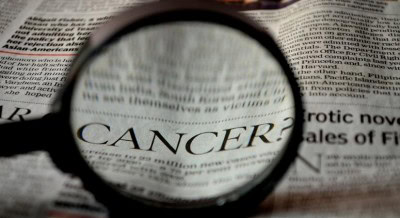New York, Aug 24 : Researchers have found that the expression of a gene associated with ageing is higher in young patients with cancer after chemotherapy treatment and in young cancer survivors who are frail.
The study, published in the peer-reviewed journal CANCER, examined the effects of cancer and its treatment on the ageing process.
Previous research has shown that a protein called p16INK4a, which slows cell division, is produced at higher levels as a person ages. Using the expression of the gene that codes for p16INK4a as a marker of age, the research team examined immune cells circulating in the blood of young adult survivors of childhood cancers and of children and adolescents newly diagnosed with cancer.
“Higher expression of p16INK4a in peripheral blood lymphocytes has been described in older adults following chemotherapy, but prior to this study, not in young adult survivors,” said study lead author Andrew Smitherman from the University of North Carolina in the US.
“This study is important as we try to understand the biological mechanisms underlying the manifestations of early ageing in this population,” Smitherman added.
The team first analysed cells from 60 survivors and compared them with cells from 29 age-matched individuals without a history of cancer. The findings showed that expression of the gene that codes for p16INK4a was higher in survivors, representing a 25-year age acceleration. Nine survivors were frail, and they had a higher level of expression compared with survivors who were not frail, representing a 35-year age acceleration, the study said.
The researchers also found that among the nine children and adolescents part of the study, who had been newly diagnosed of cancer, expression was higher after treatment with chemotherapy than before treatment.
Dr. Smitherman noted that elevated p16INK4a expression as a marker of ageing may help identify cancer survivors at the risk of developing frailty and functional disability. “Additionally, expression of p16INK4a may prove useful as a measure to study treatments aimed at mitigating the early ageing effects of cancer treatment,” he said.
Disclaimer: This story is auto-generated from IANS service.

